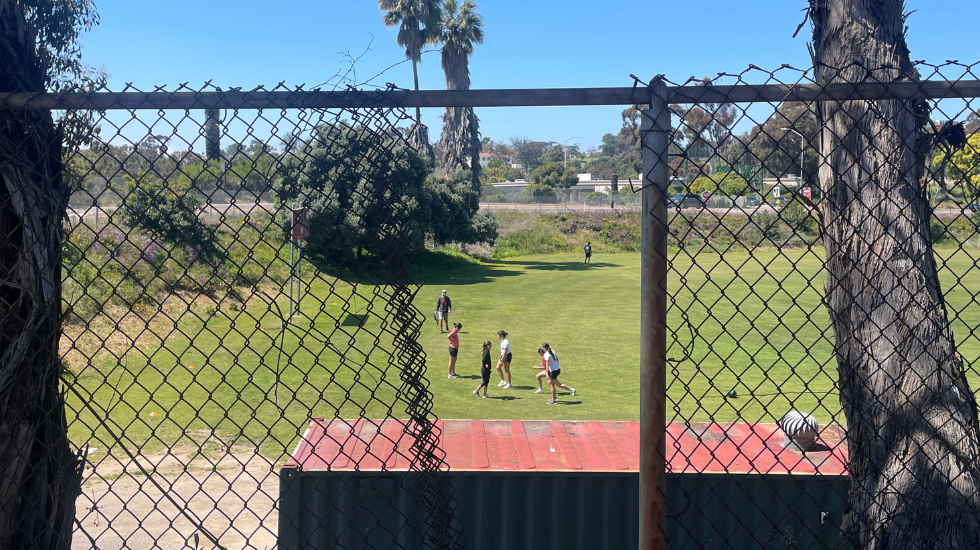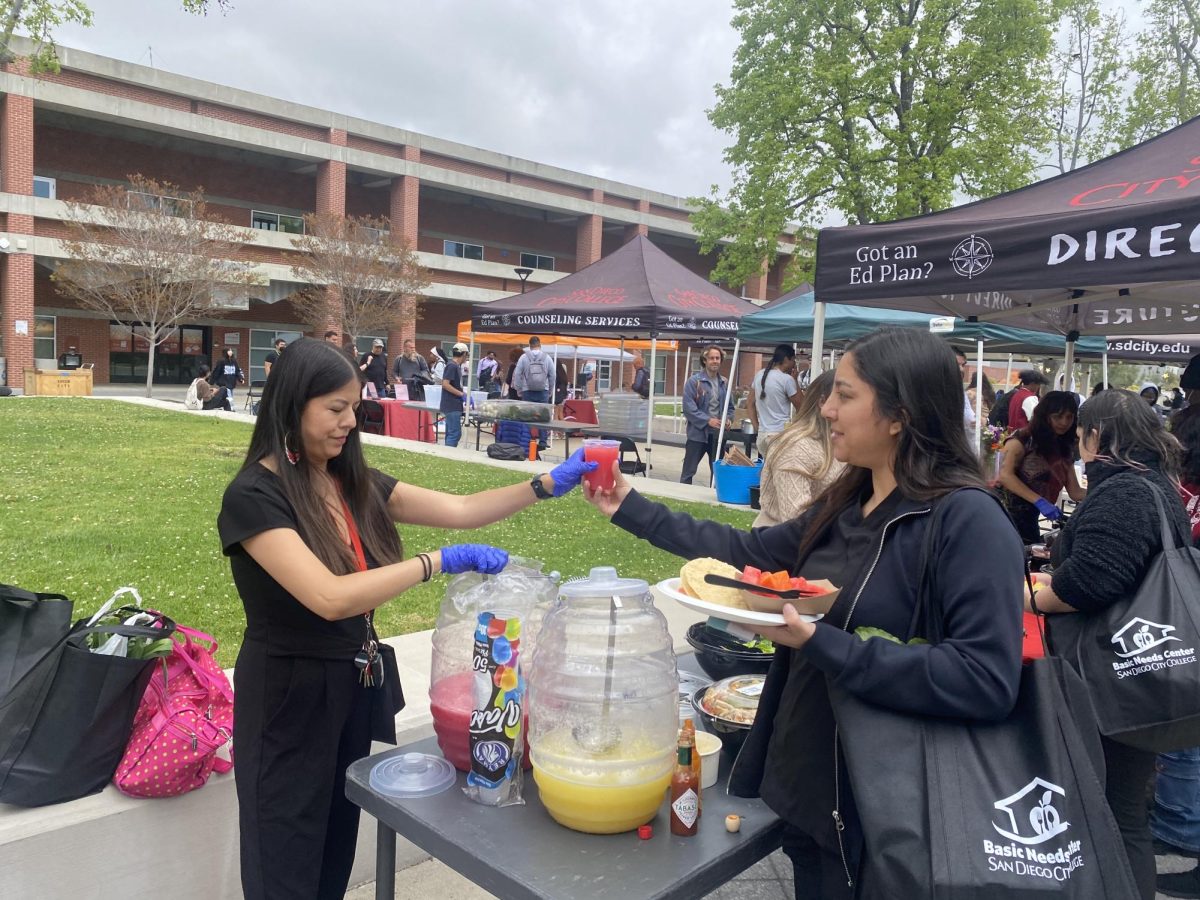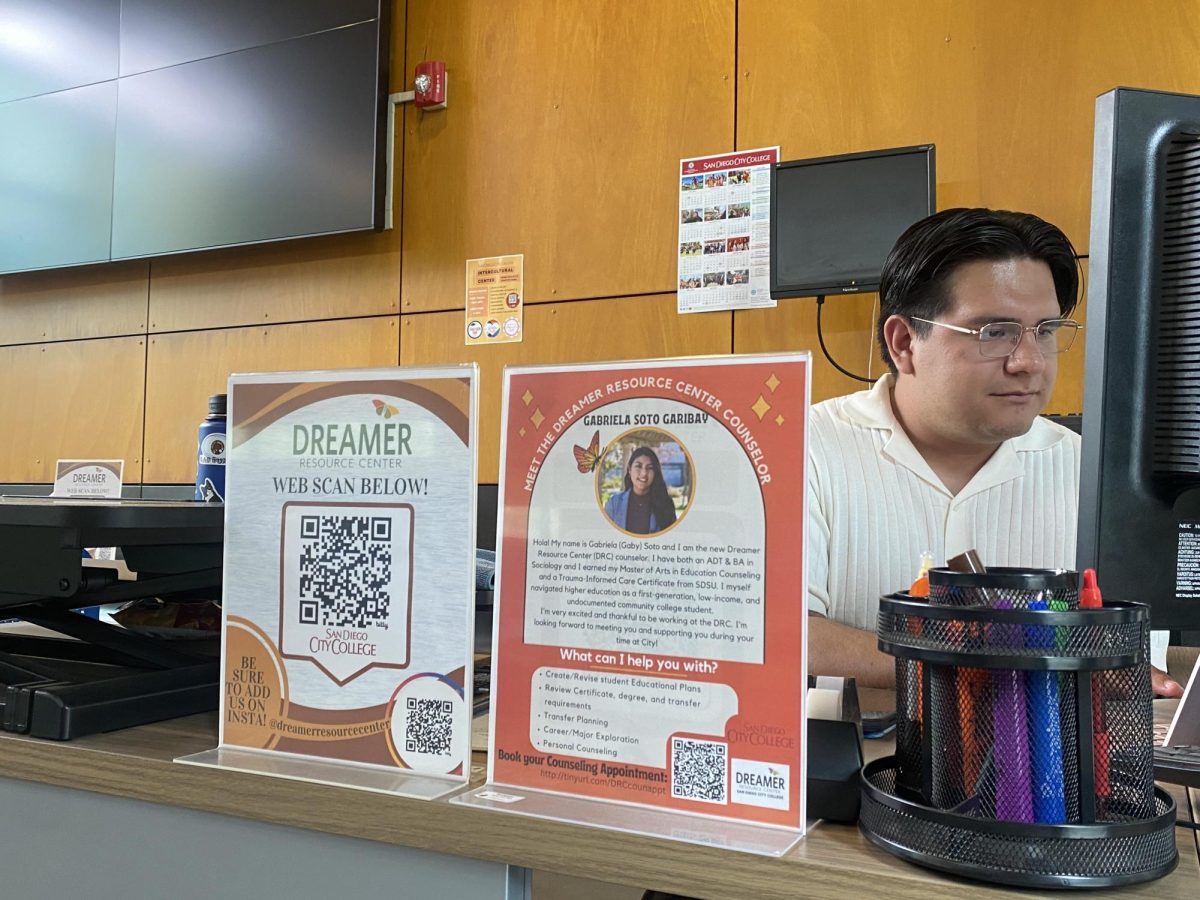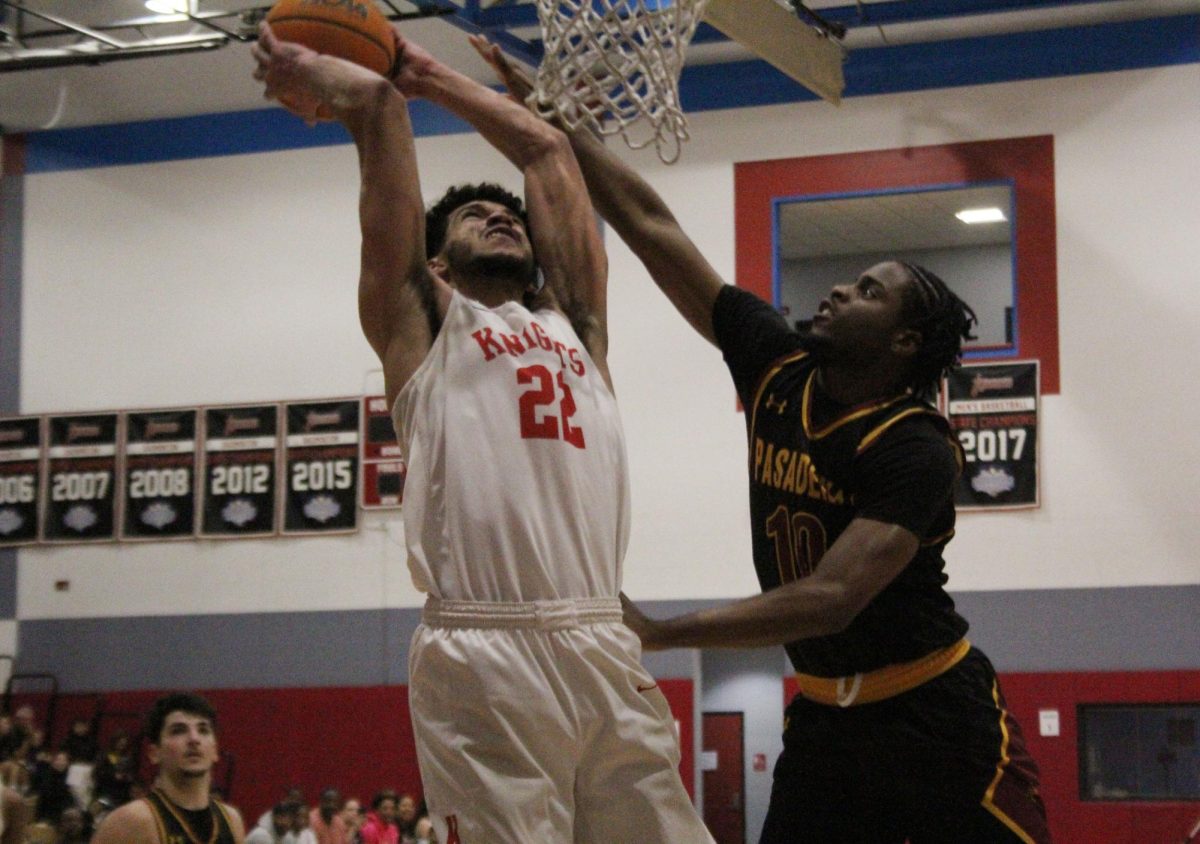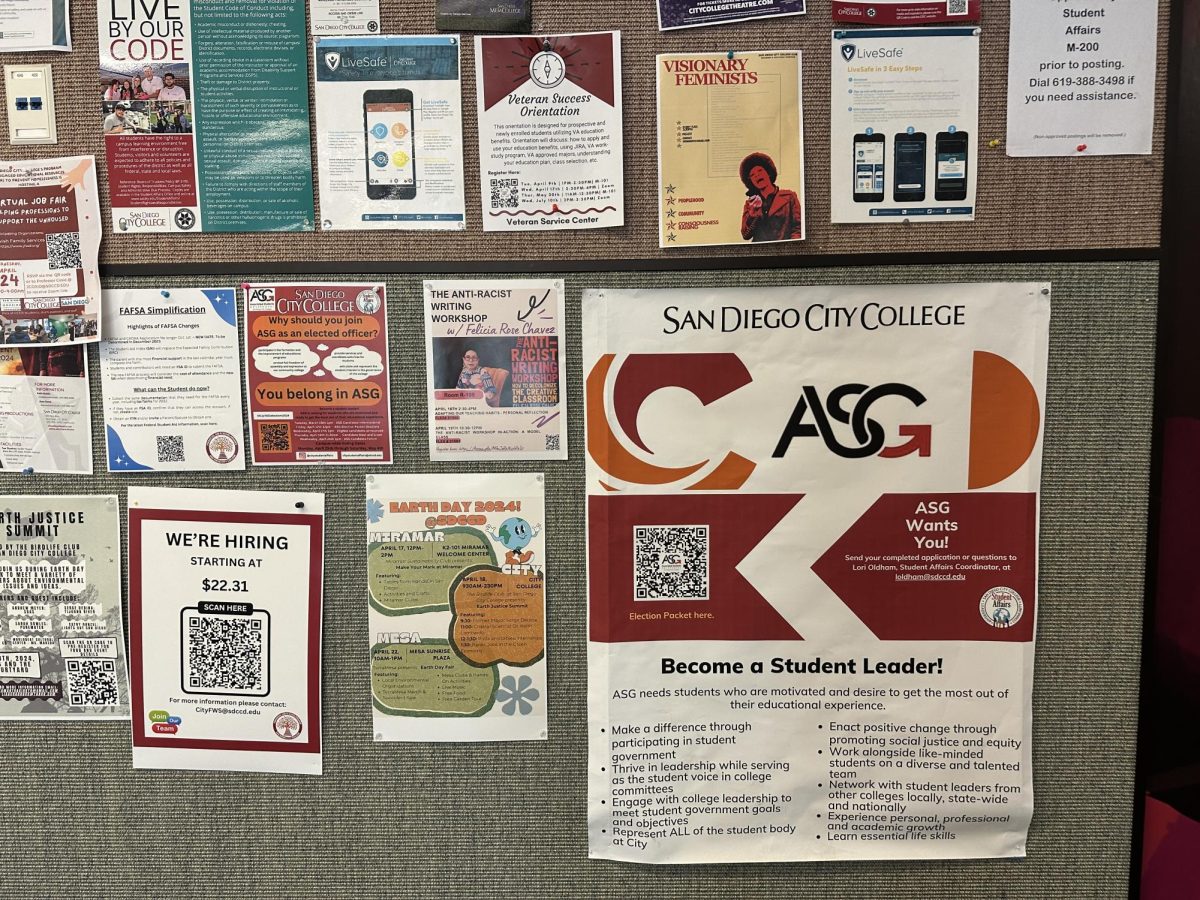Campus health center has recently created a team called peer health educators; they are students from nursing, psychology, peace studies and other studies volunteering their time to educate fellow students on different wellbeing topics.
“It’s a cross disciplinary group of people interested in educating others,” Anthony Hartsock, PHE leader, said. “It’s our idea of social responsibility and of wanting to help people around (us).”
Hartsock added that this group was in part created to assist campus health services in their attempts to reach the entire student population with health minded messages.
“They are incredible,” said Dotti Cordell, director of City’s health services, of the peer health educators. “The idea is students informing students, people of the same age, people that students can relate to.”
On Oct. 29 Hartscock walked around campus placing posters and handing out post cards with a memo to “grind the swine” and “curb the cough.” The group’s first task is to bring awareness to the H1N1 and to the vaccine.
Cordell reported that once the vaccines arrive on campus the peer health educators will be going into classrooms with the message that the vaccine has arrived on campus and to encourage students to educate themselves before making a decision to get it or not.
According to Cordell, there is no scheduled time for the vaccines to arrive on campus and health services will get short notice on when they will arrive.
During a PHE meeting on Oct. 30, in which the group rehearsed their 5-minute delivery to students on the H1N1, psychology student Hannia Hudec said she had “joined the group because it’s important to stay well and if I can get 1 person to get vaccinated then I did my job.”
Nursing student Cecilia Coleman added that in future projects they will “be reminding students that health services is here to help them and that their health fees covers medical services and to use those services.”
According to campus Health Services website aside from providing first aid and emergency care, they offer birth control and pregnancy tests, tuberculosis and sexually transmitted disease testing, substance abuse referrals and tobacco cessation counseling among other services.
Coleman and Hudec added that the peer health educators have considered covering education on exercise, nutrition, stress management, eating disorders, body image and sexually transmitted disease.
Hartsock explained that once the H1N1 project comes to an end the group will also be conducting some community service in medical settings, such as painting walls in a clinic.
“I feel that they will make a huge difference in everything that is trying to get done on campus,” said Cordell. “They are essential; everything is made better because of them. They are so willing to give of their time and I am so appreciative.
All trainings of the peer health educators are facilitated by Cordell or by Hartsock.

